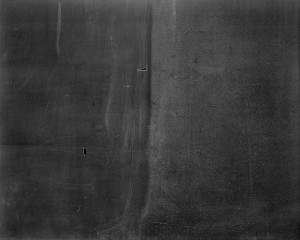I recently questioned a young student who was preparing for a recital performance: “So, what are you going to think about before you play?”
He carefully answered, “My mind will be blank.”
His answer was one I’ve heard before, and even thought of in the past. The problem is, can the mind ever be completely blank? Is that the goal?
Don’t get me wrong – if you’ve read my blog before, you know that I’m a proponent of mindfulness, a state of being in the present, and that it is necessary to “quiet” the mind to get there.
But even when we are being mindful, aren’t there hundreds, thousands of sensations and observations flitting through our minds and bodies? How could these ever “go blank”? Even when we’re sleeping, our bodies and minds are quite active, evidenced by REM sleep and dreams.
Instead of willing our minds to be blank, instead, we need to “put” the mind somewhere, to focus it on positive, helpful thoughts that are conducive to doing what we aim to do.
What kind of thoughts are helpful? When performing, it is not specific technical instructions – those have hopefully been automated beforehand in the practice room – that are helpful. We need a broader picture, sometimes called a “process cue,” that describes what we are doing when we are performing well. It doesn’t have to be very specific – just something that pulls us back to our center and reminds us of how we feel when we’re playing our best. When distractions or negative thoughts start pulling our attention, the process cue brings our mind back to what we are doing and renews our courage and commitment.
What are some process cues that are helpful for you?



